

Articles
How To Store Gin
Modified: December 7, 2023
Learn how to properly store your gin with these helpful articles. Find tips, guidelines, and expert advice to maintain the quality and flavor of your favorite spirit.
(Many of the links in this article redirect to a specific reviewed product. Your purchase of these products through affiliate links helps to generate commission for Storables.com, at no extra cost. Learn more)
Introduction
When it comes to storing gin, ensuring proper storage conditions is crucial to preserve its flavor and quality. Whether you’re a gin enthusiast with a growing collection or simply looking to keep your favorite bottle in optimal condition, this article will guide you through the process of storing gin correctly.
Gin, with its unique blend of botanicals and aromatics, is a spirit that can easily suffer from environmental factors such as light, temperature, and humidity. To prevent any degradation in flavor and to maintain the integrity of your gin, it’s important to understand and implement appropriate storage practices.
In this article, we’ll explore various aspects of gin storage, including selecting the right storage location, controlling temperature and humidity, preventing light exposure, sealing techniques, storing opened bottles, the shelf life of gin, and frequently asked questions. By following these guidelines, you can ensure that your gin remains fresh, flavorful, and enjoyable for longer periods.
So, if you’re ready to elevate your gin storage game, let’s dive into the world of proper gin storage and preservation.
Key Takeaways:
- Elevate your gin storage game by choosing the right location, controlling temperature and humidity, preventing light exposure, and using proper sealing techniques. Enjoy fresh and flavorful gin for longer periods with these expert tips.
- Whether you’re a gin enthusiast or a casual drinker, proper storage is key to preserving the unique flavors of gin. From preventing light exposure to storing opened bottles, follow these guidelines to ensure a delightful gin-drinking experience.
Read more: How To Store Gin-Soaked Raisins
Choosing the Right Storage Location
When it comes to storing your gin, the first step is to find the right storage location. It’s essential to choose a spot that provides the ideal conditions for preserving the quality and taste of the spirit.
Here are some factors to consider when selecting the optimal storage location for your gin:
- Away from Direct Sunlight: Gin is sensitive to light, especially sunlight, which can accelerate the oxidation process and degrade its flavors. Choose a storage location away from windows or any other direct sources of light.
- Cool and Dark Environment: Gin is best stored in a cool and dark environment to prevent heat and light exposure. Aim for a storage spot with a consistent temperature between 50°F to 70°F (10°C to 21°C).
- Avoid Temperature Fluctuations: Fluctuations in temperature can affect the flavor and integrity of gin. Avoid storing gin in areas that experience rapid temperature changes, such as near heating vents or under the sink.
- Low Humidity: While gin does not require specific humidity levels like some other spirits, it’s still important to choose a location with moderate humidity. Excess moisture in the air can lead to cork deterioration and potential leakage.
- Stable Environment: Gin is best stored in a stable environment without excessive vibrations or movement. Avoid storing gin near appliances or areas prone to frequent disruptions.
- Keep Away from Strong Odors: Gin has delicate botanical flavors that can absorb strong odors from its surroundings. To preserve its original flavors, avoid storing gin near pungent substances like cleaning products or spices.
By considering these factors, you can ensure that your chosen storage location maintains the integrity and quality of your gin. Now that you have selected the ideal spot, let’s move on to the next important aspect of gin storage: temperature and humidity control.
Temperature and Humidity Control
Proper temperature and humidity control are crucial factors in preserving the quality and flavor of gin. Maintaining a stable and suitable environment for your gin will help prevent any unwanted changes or deterioration.
Here are some guidelines to follow for temperature and humidity control when storing gin:
- Temperature: Gin is best stored in a cool area with a consistent temperature. Aim for a range between 50°F to 70°F (10°C to 21°C). Avoid extreme temperatures, as they can accelerate the aging process and lead to flavor degradation.
- Humidity: While gin does not require specific humidity levels, it’s best to store it in an environment with moderate humidity. Excessive moisture can damage the bottle’s seal and potentially lead to leakage. Aim for a relative humidity of around 55% to 75%.
- Avoid Temperature Fluctuations: Fluctuations in temperature can cause the gin to expand and contract, which can negatively impact its flavor and overall quality. Choose a storage location that remains stable and doesn’t experience significant temperature swings.
- Consider a Wine Fridge: If you have a large gin collection or live in a region with varying temperatures, investing in a wine fridge can be a great option. Wine fridges offer temperature control and often have adjustable humidity settings, providing an ideal environment for storing gin.
- Monitor the Environment: It’s important to regularly monitor the temperature and humidity levels in your chosen storage location. Use a thermometer and hygrometer to keep track of these factors and make adjustments as necessary.
- Avoid Refrigeration: While storing gin in the refrigerator may seem like a good idea, it’s not recommended for long-term storage. The cold temperatures can dull the flavors and aromas of the gin, impacting the overall drinking experience.
By maintaining proper temperature and humidity control, you can ensure that your gin ages gracefully and retains its original flavors and characteristics. Next, we’ll explore how to prevent light exposure, which is another critical factor in gin storage.
Light Exposure Prevention
Light exposure is a major enemy when it comes to storing gin. Ultraviolet (UV) rays and even ambient light can cause chemical reactions in the gin, leading to flavor changes and deterioration. To preserve the quality and integrity of your gin, it’s essential to take measures to prevent light exposure.
Here are some tips to effectively prevent light exposure when storing gin:
- Choose a Dark Storage Location: Select a storage location that is shielded from direct sunlight and ambient light. Avoid placing gin bottles on open shelves or near windows. Opt for a closed cabinet or a dedicated storage area.
- Use UV-Resistant Containers: If you prefer to display your gin collection, consider using bottles made of UV-resistant glass. These special glass materials help block out harmful UV rays and protect the gin from light-induced degradation.
- Wrap Bottles in Protective Coverings: If you’re storing gin in clear or transparent bottles, consider wrapping them with light-blocking materials such as dark-colored cloth or non-reflective sleeves. This helps create an additional layer of protection against light penetration.
- Avoid Fluorescent Lighting: If your storage area is equipped with fluorescent lighting, consider replacing it with LED lights. LED lights emit less UV radiation, minimizing the risk of light-induced damage to your gin collection.
- Keep Storage Area Closed: When not accessing your gin collection, ensure that the storage area remains closed and well-sealed. This further diminishes the chances of light exposure and maintains a more stable environment for your gin.
By implementing these measures, you can significantly reduce the potential harm caused by light exposure. Remember, a dark and protected storage location helps to preserve the flavors, aromas, and overall quality of your gin collection.
Next, let’s explore proper bottle sealing techniques to ensure that your gin remains fresh and free from unwanted oxidation.
Proper Bottle Sealing Techniques
Properly sealing your gin bottles is essential for maintaining the freshness and flavor of the spirit. A secure seal prevents air from entering the bottle, minimizing the risk of oxidation and flavor degradation. Here are some bottle sealing techniques to ensure your gin remains in optimal condition:
- Cork Stoppers: Many gin bottles come with cork stoppers. When sealing a bottle with a cork, make sure it fits snugly and is inserted all the way into the neck of the bottle. Gently twist it to create a tight seal. If the cork becomes loose or dried out over time, consider replacing it with a new one to maintain an airtight seal.
- Screw Caps: Some gin bottles come with screw caps, which provide a convenient and effective seal. When closing a bottle with a screw cap, ensure that it is tightly screwed on. Check periodically to make sure it remains secure.
- Use a Wine Stopper: If your gin bottle does not have a seal or the original one is damaged, you can use a wine stopper as an alternative. Wine stoppers are designed to create an airtight seal and can be easily inserted into the bottle’s neck.
- Vacuum Sealers: For gin bottles that you frequently open and reseal, consider using a vacuum sealer. These devices remove excess air from the bottle, creating a vacuum and reducing the risk of oxidation. Vacuum sealers are particularly useful for preserving the flavors of partially consumed bottles.
- Store Bottles Upright: When storing gin bottles, it’s generally recommended to keep them upright. This helps minimize contact between the spirit and the cork or sealing mechanism, reducing the risk of cork taint and leakage.
- Avoid Forceful Cork Removal: When opening a gin bottle sealed with a cork, avoid using excessive force or twisting motions that may cause the cork to break or crumble. A gentle pull or twist should be sufficient to release the seal.
By following these proper bottle sealing techniques, you can ensure that your gin remains properly sealed and protected from air exposure, allowing you to enjoy its flavors and aromas to the fullest. Next, let’s discuss the storage of opened gin bottles.
Store gin in a cool, dark place away from direct sunlight and heat sources. Keep the bottle tightly sealed to prevent oxidation and maintain the flavor. Avoid storing it in the freezer, as this can dull the flavors.
Read more: Where To Buy Bathtub Gin
Storing Opened Bottles
Once a bottle of gin is opened, it’s important to store it properly to maintain its flavor and quality over time. Oxygen exposure can lead to oxidation, which can degrade the flavors and aromas of the gin. Here are some tips for storing opened gin bottles:
- Re-Seal the Bottle: After pouring a serving of gin, make sure to re-seal the bottle tightly to minimize oxygen exposure. Use the original cork or cap, or consider using a wine stopper or vacuum sealer for a more airtight seal.
- Store in a Cool Place: Just like unopened bottles, opened gin should be stored in a cool environment away from direct sunlight and heat sources. Aim for a consistent temperature between 50°F to 70°F (10°C to 21°C).
- Minimize Air Exposure: The less air in the bottle, the slower the oxidation process. If there is a significant amount of air left in the bottle, consider transferring the gin to a smaller bottle or using a wine preserver that removes air from the bottle.
- Keep Away from Strong Odors: When storing opened gin bottles, ensure they are kept away from strong odors, as gin can easily absorb surrounding smells. This will help preserve its original flavors and avoid any unwanted contamination.
- Monitor the Bottle: Check the stored opened gin bottle periodically for any signs of spoilage or flavor changes. If you notice a significant deterioration in taste or appearance, it may be best to consume or discard it.
- Consume within a Reasonable Timeframe: While gin can last for a long time if stored properly, opened bottles are more susceptible to flavor changes. It’s generally recommended to consume opened gin bottles within 1-2 years to enjoy the best flavor experience.
By following these guidelines, you can extend the lifespan and enjoy the freshness of opened gin bottles for a longer period. Proper storage techniques help preserve the unique flavors and aromas of gin, ensuring a delightful drinking experience. In the next section, we’ll explore the shelf life of gin and answer some frequently asked questions.
Shelf Life of Gin
The shelf life of gin can vary depending on several factors, including its quality, storage conditions, and whether the bottle has been opened or not. Generally, unopened bottles of gin can maintain their quality for an extended period, while opened bottles have a shorter lifespan due to the potential for oxidation.
Unopened bottles of gin can last indefinitely if stored in a cool, dark, and stable environment. As long as the bottle remains properly sealed and free from light, heat, and excessive fluctuations in temperature, the gin’s flavors and aromas should remain intact for a long time.
However, once a bottle of gin is opened, the shelf life is shortened. The exposure to oxygen causes gradual oxidation, leading to changes in flavor and aroma. While the gin may still be safe to consume for an extended period, the quality and freshness will gradually diminish over time.
On average, opened bottles of gin can maintain their optimal flavor and quality for about 1 to 2 years if stored properly. This timeframe can vary depending on factors such as the quality of the gin, the storage conditions, and how much air is left in the bottle after opening.
It’s important to note that the shelf life of gin is a general guideline, and individual bottles may vary. It’s always a good idea to monitor the taste and appearance of the gin periodically. If you notice any significant changes or deterioration, it’s best to consume or discard it.
By storing gin correctly and consuming opened bottles within a reasonable timeframe, you can ensure that you enjoy the best flavors and qualities that gin has to offer.
Now, let’s address some frequently asked questions about gin storage and preservation.
Frequently Asked Questions (FAQs)
Here are some common questions related to storing and preserving gin:
1. Can I store gin in the freezer?
While it is possible to store gin in the freezer, it’s generally not recommended for long-term storage. The extremely cold temperatures can dull the flavors and aromas of the gin, impacting the overall taste. If you prefer your gin chilled, it’s best to refrigerate it rather than freeze it.
2. Can I store gin bottles horizontally?
Gin bottles are typically stored upright to minimize the contact between the liquid and the cork or sealing mechanism. Storing bottles horizontally can cause the gin to come into constant contact with the cork, potentially leading to cork taint or leakage.
3. Should I decant gin into another container?
There’s no need to decant gin unless you prefer to transfer it into a more visually appealing or functional container. However, it’s important to ensure that the new container is clean and airtight to maintain the quality of the gin.
4. Does gin improve with age?
Gin is generally not aged in the same way as spirits like whiskey or some types of rum. Most gins are at their best when consumed fresh. However, certain styles of gin, such as barrel-aged gins, can develop more complex flavors when aged in oak barrels. If you have a barrel-aged gin, follow the storage instructions provided by the distillery.
5. Can I mix different gins together in one bottle?
If you want to mix different gins together for cocktails or personal preference, it’s generally safe to do so. However, keep in mind that mixing different gins may alter the flavors and characteristics of each gin. It’s best to experiment with small quantities first to ensure the desired outcome.
6. How do I know if my gin has gone bad?
Gin can spoil or degrade over time, especially if it’s been improperly stored. Signs of a spoiled gin include a significant change in color, a strong off-putting odor, or a noticeable deterioration in taste. If you notice any of these signs, it’s best to err on the side of caution and discard the bottle.
Remember that these FAQs provide general guidance, and it’s always a good idea to consult the specific recommendations from the distillery or brand regarding their gin.
Let’s conclude our discussion on gin storage and preservation.
Conclusion
Proper storage and preservation of gin are vital for maintaining its flavor, aroma, and overall quality. By following the guidelines outlined in this article, you can ensure that your gin remains fresh and enjoyable for an extended period.
Choosing the right storage location, controlling temperature and humidity, preventing light exposure, using proper bottle sealing techniques, and storing opened bottles correctly are all crucial aspects of gin storage. These practices help minimize oxidation, flavor degradation, and potential spoilage.
Remember to store your gin in a cool, dark, and stable environment, away from direct sunlight and sources of heat. Keep your gin bottles properly sealed using cork stoppers, screw caps, or other airtight methods to prevent oxygen exposure. Monitor the temperature and humidity levels regularly to maintain an optimal storage environment.
Whether you have a small collection or a growing assortment of gin bottles, proper storage becomes even more important when it comes to preserving the aromas and flavors of this beloved spirit. By implementing the tips and techniques outlined in this article, you can extend the shelf life of your gin and fully enjoy its unique characteristics.
Now that you have a better understanding of how to store and preserve gin, it’s time to put this knowledge into practice. Take care of your gin collection, store it with care, and savor the wonderful flavors that this versatile spirit has to offer.
Cheers to a well-preserved and delightful gin-drinking experience!
Frequently Asked Questions about How To Store Gin
Was this page helpful?
At Storables.com, we guarantee accurate and reliable information. Our content, validated by Expert Board Contributors, is crafted following stringent Editorial Policies. We're committed to providing you with well-researched, expert-backed insights for all your informational needs.



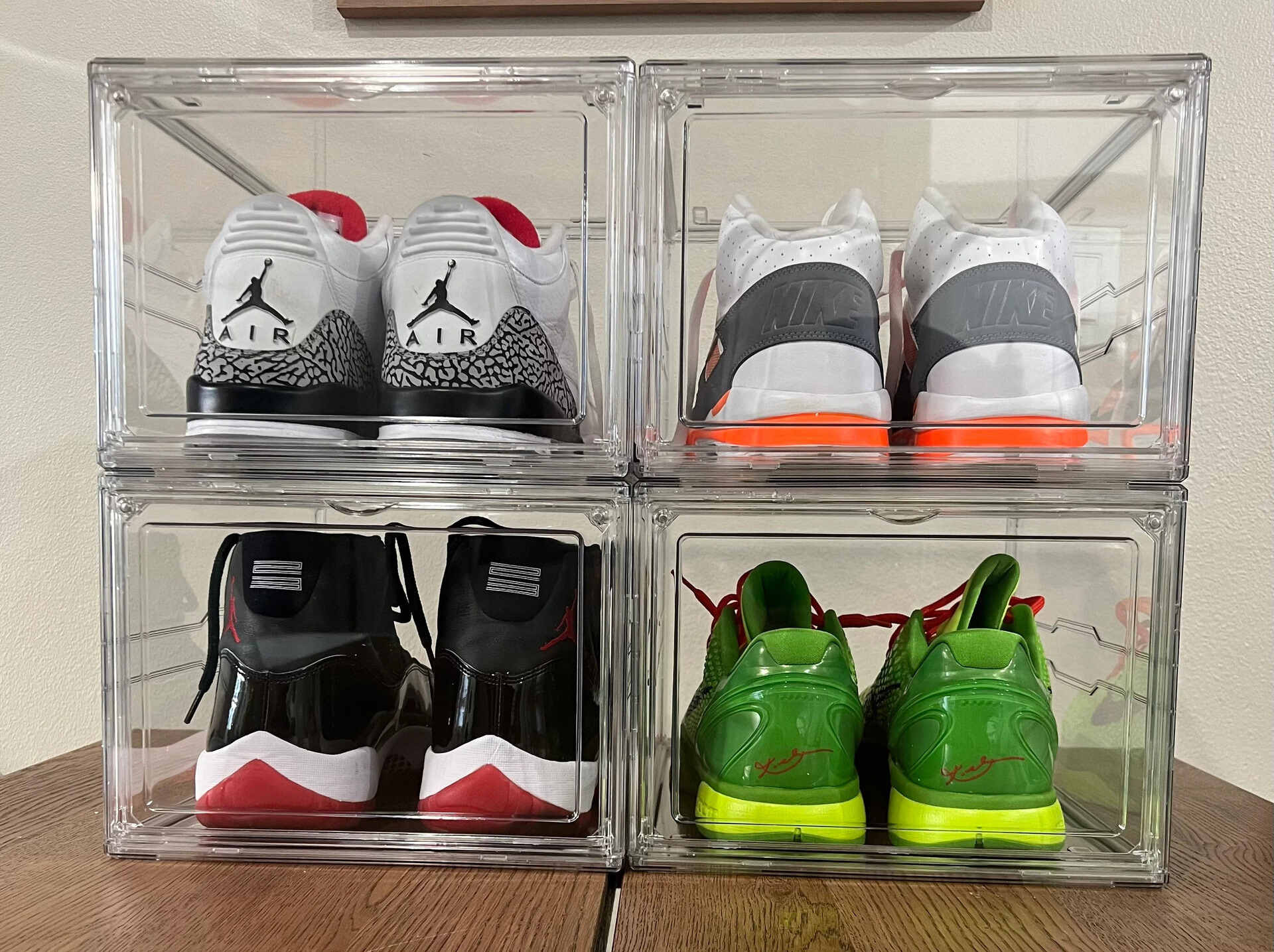
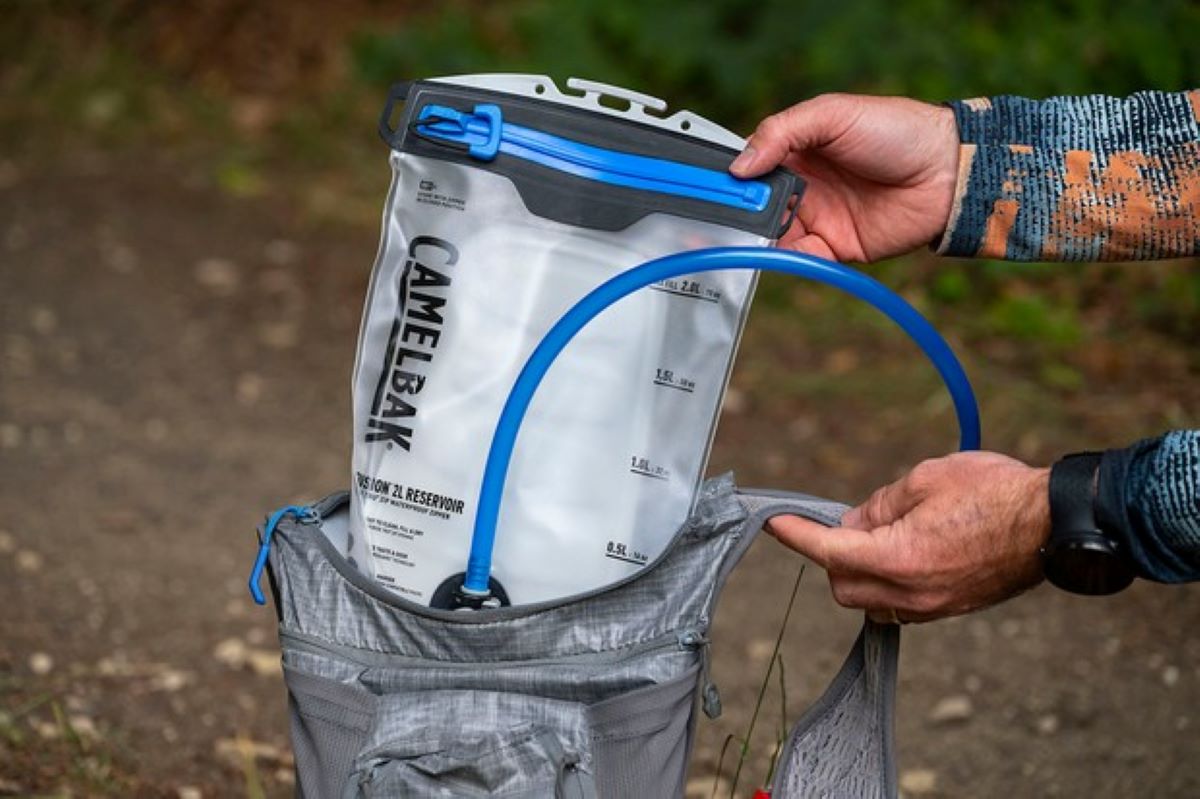




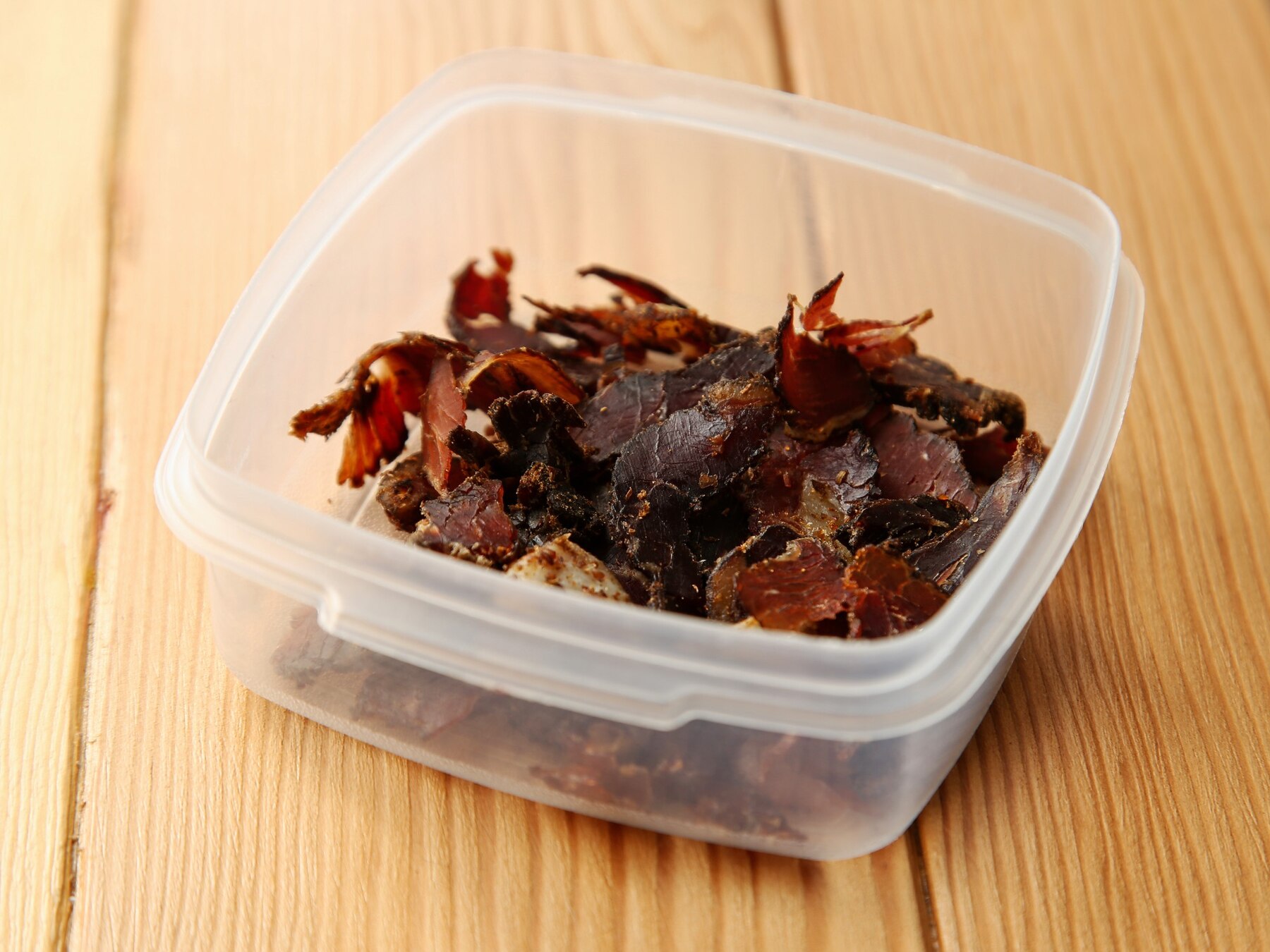
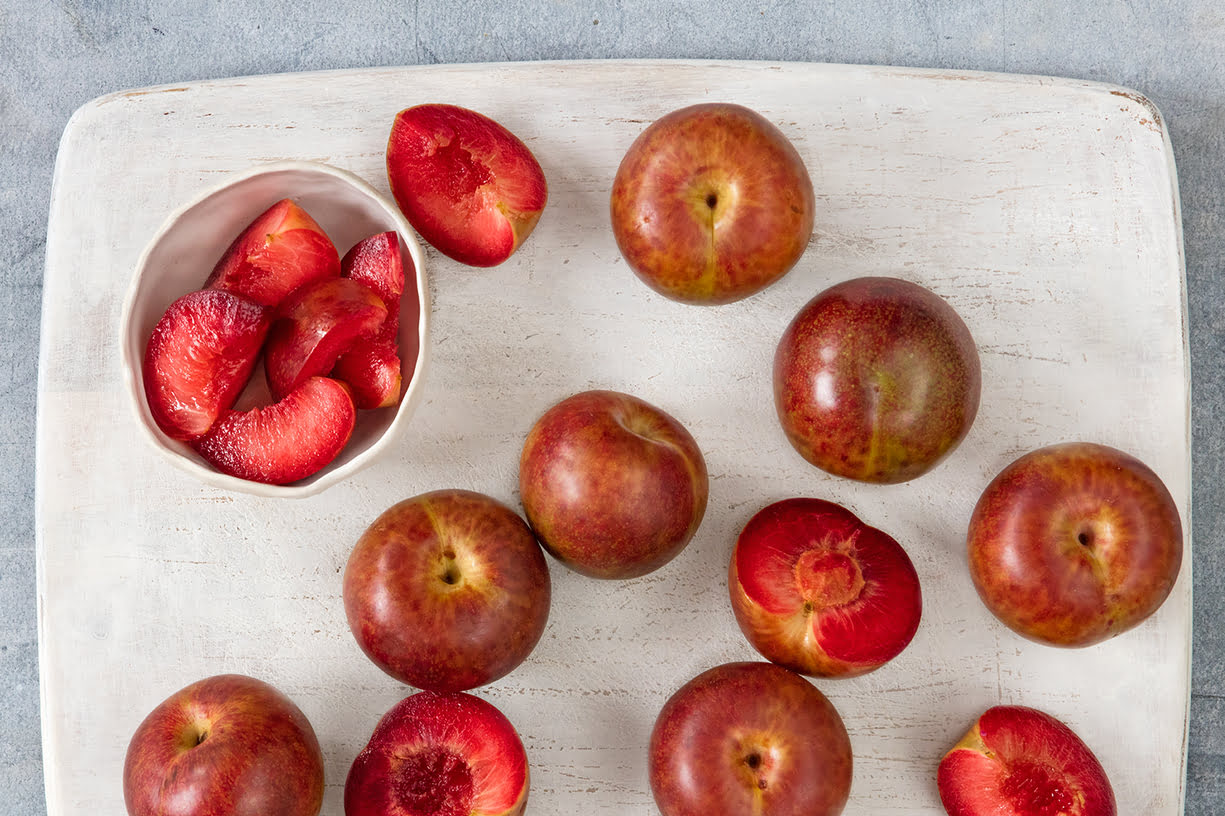
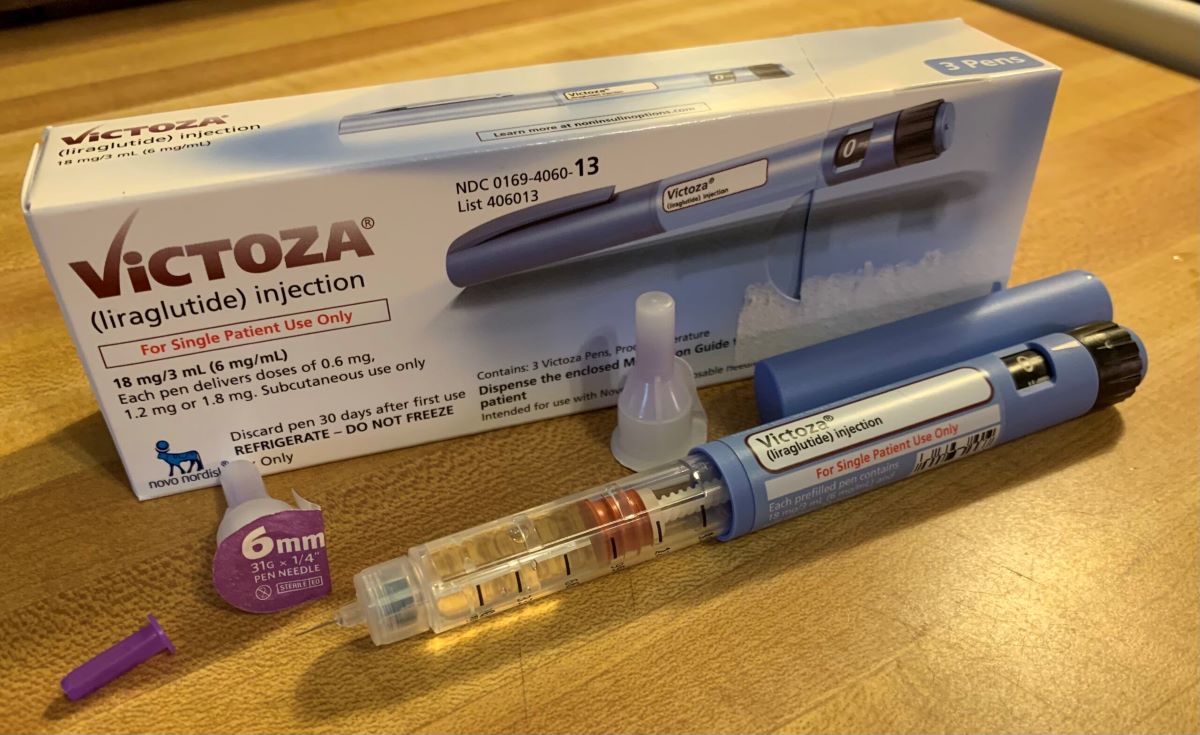



0 thoughts on “How To Store Gin”